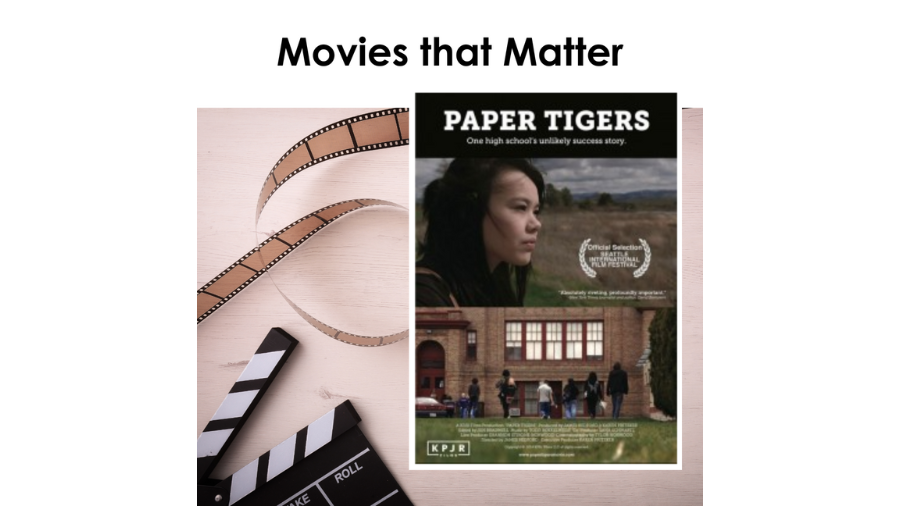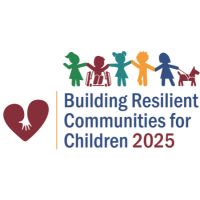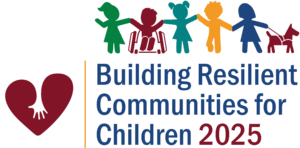ATN is commemorating Children’s Mental Health Month (May) and PTSD Month (June) with three Movies that Matter. On May 11, ATN gathered for a Q&A with Jim Sporleder, the retired principal of Lincoln Alternative High School in Walla Walla, WA who is now a trauma-informed coach, consultant, and speaker. Lincoln is the subject of the documentary film Paper Tigers, released at the Seattle International Film Festival in 2015.
Over the course of the 2012-2013 school year, Paper Tigers captures the challenges, fears, and hopes of six students and the teachers and staff who support them. The result is a powerful and close-up look at Lincoln’s approach to trauma-informed education and the impacts it has had on students’ lives.
In an early scene, a teacher asks students if they or someone they know experiences issues such as trouble controlling emotions or frequent stomachaches and headaches, and students are asked to respond anonymously to a survey about their prior adverse childhood experiences to calculate their ACE score. As the teacher describes the links between higher ACE scores and risks of prison, suicide, drug use, and other impacts, he shows the tallied results, saying “there are a lot of brains in here that are wired for survival… How will you have it turn out differently? How will you stop the cycle?” While not mincing words about the elevated risks students face, the teacher offers a compassionate glimpse into the ways trauma impacts the brain as well as hope for a different future.
In the film, Jim describes Lincoln as “one of the most out of control environments” he had ever seen, with high rates of truancy, behavior problems, and substance abuse. After a pivotal conference exposed him to research on adverse childhood experiences and their impact on the brain, he returned to his school with a passion for a non-punitive, trauma-informed approach to education.
During the Q&A, Jim shared openly about his experiences at Lincoln and his lessons learned. Selected responses are included below, with some editing for length and clarity.
How do you identify and support students whose behavior on the surface might not indicate their trauma and challenges? “Seeing and knowing that a caring adult relationship can bring hope into the lives of kids who feel hopeless, I know that it is a best practice for every single kid. What student does not benefit from a caring adult relationship? That is how we catch the one who looks like they have it together but can be really hurting on the inside. By connecting with us, it can lead to healing.”
How do you consider and support the mental health and trauma backgrounds of staff members? “A lot of the conversations with staff at Lincoln were about their own regulation. It starts with us, and I say that sensitively. If a kid says ‘f*ck off’ in my face, I need to not take that personally, to understand it’s really not about me. A regulated adult can take a dysregulated student and bring them to calm.”
How did you personally handle the heaviness of all of these situations? How did you support yourself and make sure that you had what you needed to be able to keep going? “Honestly I didn’t, and it caught up to me. I crashed. I was feeling like I was getting knocked down emotionally and when people would check on me, I’d always say, I’m fine. But I finally got knocked down and couldn’t get back up. It is important to me to be honest. Self-care is very important to me now, and I practice it. We all kind of have our own secrets we keep to ourselves. I realize that by me sharing my stories, I have lots of people come up to me quietly and say, ‘I’m going through the same things, thank you.’”
If you’re trying to make these changes in your school how do you deal with resistance and pushback? “We know the ‘trauma stuff’ has rich and powerful research behind it, and it’s the morally right thing to do. The mindshift is – I’m going to seek out as many caring connections in the day as I positively can with as many kids as I can. But somehow we get this mindset that it’s so much more than that and therefore we don’t have time and we have too much on our plate. But we’ll never have so much on our plate that we cannot seek out positive connections with kids. And some kids are hard to love; we all know that. But love wins out… We have to be that consistency, that voice that keeps coming back.”
——–
Described by students in the film as “where the bad kids went… the worst school you could ever go to,” Lincoln found great success in its implementation of a trauma-informed model. By 2019, the school experienced 60% fewer office referrals, 75% fewer fights, and a fivefold increase in graduation rates. Aron (age 17), poignantly sums up the impact the changes at Lincoln had on him.“It’s the first place I’ve ever been to where I felt like they cared about me as an individual… when I wasn’t in an environment where people bullied me and put me down, instead they built me up.”



